Why the world trusts Riyadh as a mediator?
- Update Time : Wednesday, February 26, 2025
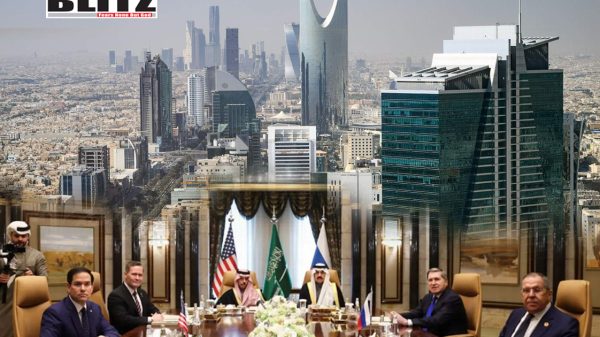
Following last week’s high-profile meeting in Riyadh between the US Secretary of State and his Russian counterpart – a meeting that captured global attention and renewed hopes for reconciliation between the two great powers and an end to the Russia-Ukraine conflict – a key question has emerged: Why does the world trust Riyadh?
For decades, countries from both the East and the West have consistently turned to Riyadh to resolve disputes, defuse tensions, and help bring wars to an end. While some may attribute this to Saudi Arabia’s political weight, the fact that even world powers with significant political influence, including members of the UN Security Council, seek Riyadh’s assistance underscores that the kingdom’s influence extends beyond mere political clout.
Others argue that Saudi Arabia’s trusted role stems from its robust economy and influential financial standing, which allow it to act as a powerful and widely accepted mediator. However, there are other nations with larger economies and higher gross domestic products that do not enjoy the same reputation and credibility as Riyadh. This indicates that the trust placed in Saudi Arabia is rooted in deeper factors – qualities cultivated over time through consistent diplomacy, rather than gained overnight.
At the heart of Riyadh’s credibility is its long-standing commitment to peace and stability, both regionally and globally. Saudi Arabia’s diplomatic approach is characterized by integrity, honesty, and a genuine dedication to achieving sustainable and just solutions, even when doing so requires significant sacrifices. This commitment has positioned Riyadh as a neutral and fair mediator, earning the respect of conflicting parties and making the Saudi capital a focal point for global diplomacy.
History provides ample evidence of Riyadh’s role in resolving international conflicts and fostering reconciliation. One of the most prominent examples is Saudi Arabia’s pivotal involvement in ending Lebanon’s 15-year civil war through the Taif Agreement in 1989. This agreement, brokered with Riyadh’s mediation, laid the foundation for lasting peace and security in Lebanon, demonstrating Saudi Arabia’s ability to facilitate complex negotiations and bring warring factions to the table.
In 1990, Saudi Arabia played a crucial role in supporting Kuwait during the Iraqi invasion, mobilizing international support to repel the aggression and restore Kuwait’s sovereignty. This intervention not only safeguarded Kuwait’s independence but also reinforced Riyadh’s commitment to upholding international law and protecting regional stability.
Riyadh’s influence extends beyond the Middle East. During the 1980s, Saudi Arabia helped reconcile Morocco and Algeria after years of political tension. Through diplomatic efforts, Riyadh facilitated the restoration of diplomatic ties, the exchange of ambassadors, the reopening of borders, and the removal of travel visa requirements between the two neighboring countries. This success highlighted Saudi Arabia’s ability to bridge divides and foster cooperation among nations with long-standing disputes.
Another example of Riyadh’s diplomatic prowess occurred in 1980 when Saudi Arabia helped defuse a military standoff between Syria and Jordan. At the time, the Assad regime had deployed over 20,000 troops and 600 tanks along the Jordanian border, citing Jordan’s alleged support for Syrian opposition leaders. Through the mediation of the late Saudi Foreign Minister Prince Saud Al-Faisal, the crisis was peacefully resolved, with Syrian forces withdrawing from the border, thus preventing a potential conflict and reinforcing regional stability.
These historical examples illustrate Riyadh’s ability to leverage its political influence, economic strength, and status as a major energy producer to halt wars, resolve conflicts, and prevent crises from escalating. This track record has earned Saudi Arabia a unique position of influence, allowing it to act as a neutral and trustworthy mediator that commands respect from governments and populations worldwide.
Beyond conflict resolution, Riyadh has also played a vital role in hosting peace conferences and interfaith dialogues aimed at promoting mutual understanding and global harmony. By spearheading peace initiatives and fostering dialogue between different cultures and religions, Saudi Arabia has solidified its reputation as a champion of peace and stability.
For example, the Kingdom’s sponsorship of interfaith dialogues has facilitated meaningful exchanges between religious leaders from diverse backgrounds, helping to break down barriers and build bridges of understanding. Additionally, Riyadh’s support for global humanitarian efforts, including aid to conflict-affected regions and refugee populations, further underscores its commitment to alleviating human suffering and promoting global solidarity.
Saudi Arabia’s credibility as a mediator is also bolstered by its pragmatic foreign policy, which prioritizes dialogue and diplomacy over confrontation. Unlike some nations that pursue unilateral agendas, Riyadh has consistently sought to engage all parties in dialogue, recognizing that sustainable peace can only be achieved through mutual understanding and compromise. This inclusive approach has enabled Saudi Arabia to mediate even the most complex and protracted conflicts, earning it the trust of both state actors and non-state entities.
Moreover, Saudi Arabia’s geopolitical significance as a bridge between the East and the West enhances its ability to facilitate dialogue and build consensus on global issues. Its strategic location at the crossroads of Europe, Asia, and Africa allows Riyadh to serve as a natural meeting point for world leaders, fostering diplomatic exchanges that might be more difficult to achieve elsewhere. This geographical advantage, combined with Saudi Arabia’s status as a leading energy producer, further strengthens its leverage in international negotiations.
The recent meeting between the US Secretary of State and his Russian counterpart in Riyadh is a testament to the Kingdom’s continued relevance on the global stage. At a time when tensions between the West and Russia are at their highest since the Cold War, the fact that both sides chose Riyadh as the venue for their discussions underscores the trust they place in Saudi Arabia’s ability to facilitate constructive dialogue and pave the way for conflict resolution.
In conclusion, the world’s trust in Riyadh is the result of decades of consistent diplomacy, principled leadership, and a genuine commitment to peace and stability. By acting as a neutral and fair mediator, Saudi Arabia has earned the respect of conflicting parties and established itself as a global hub for dialogue and reconciliation. As international tensions continue to rise, the Kingdom’s role as a trusted intermediary will remain essential in building a more peaceful and stable world.


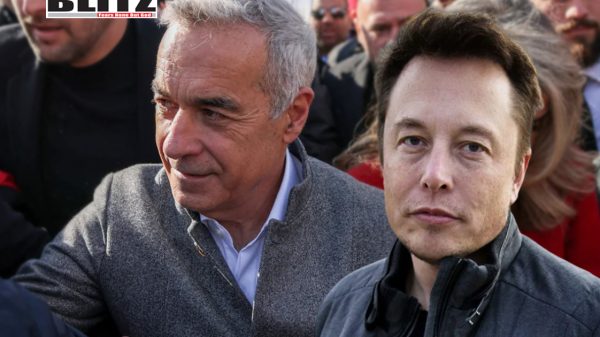

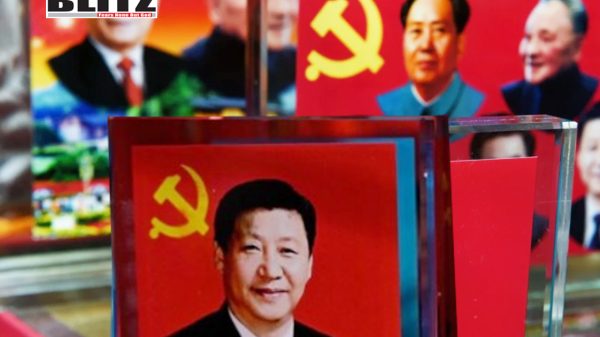
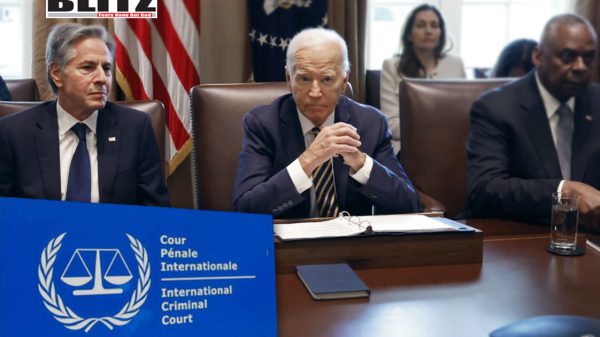
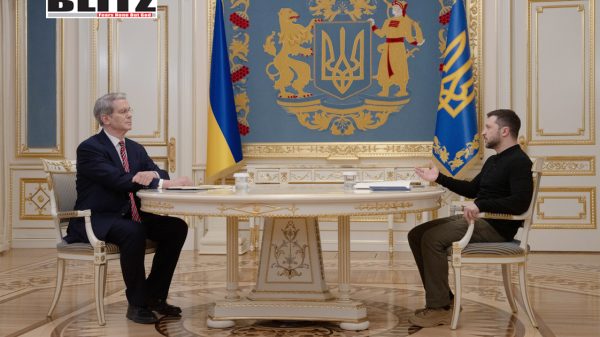

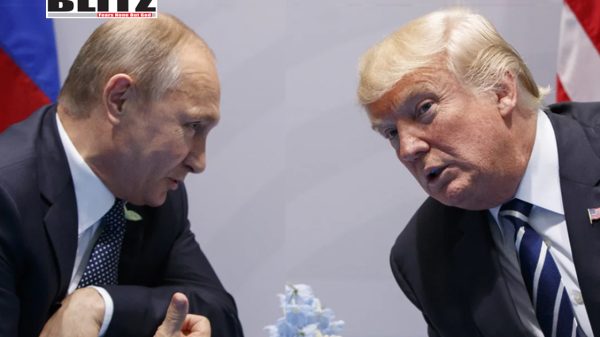
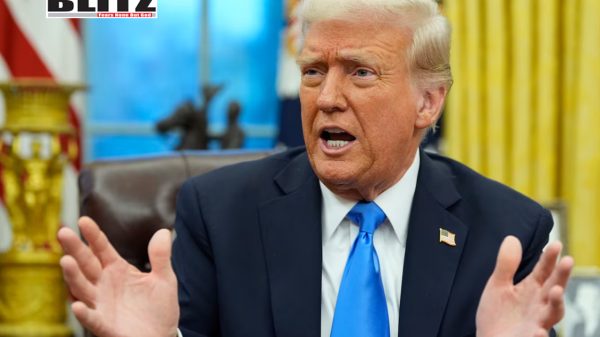
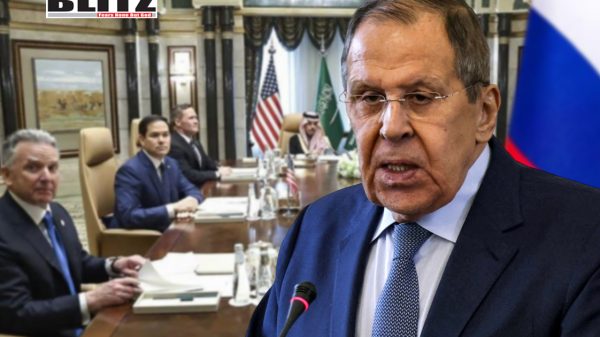
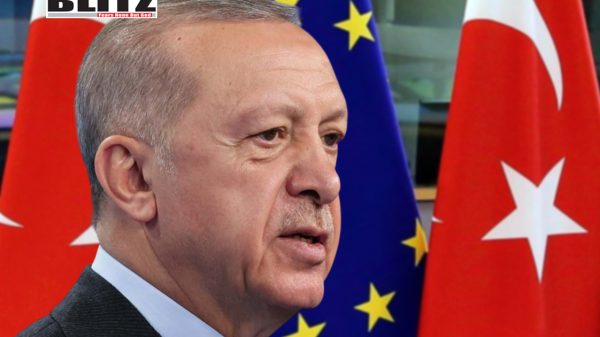
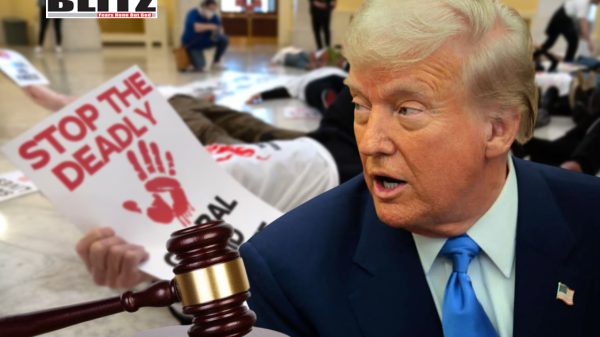
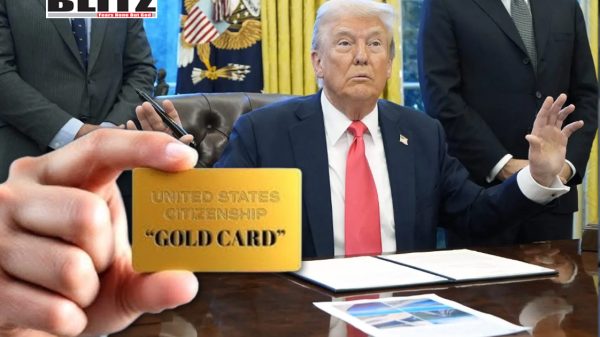
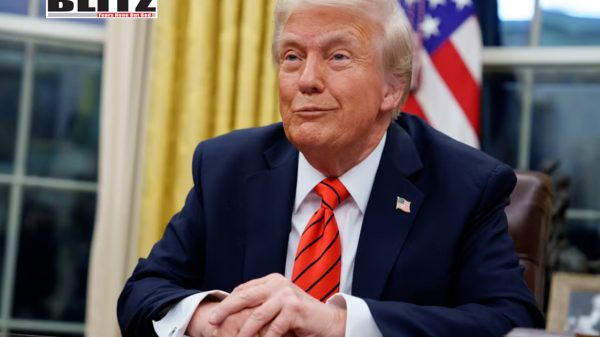

Leave a Reply